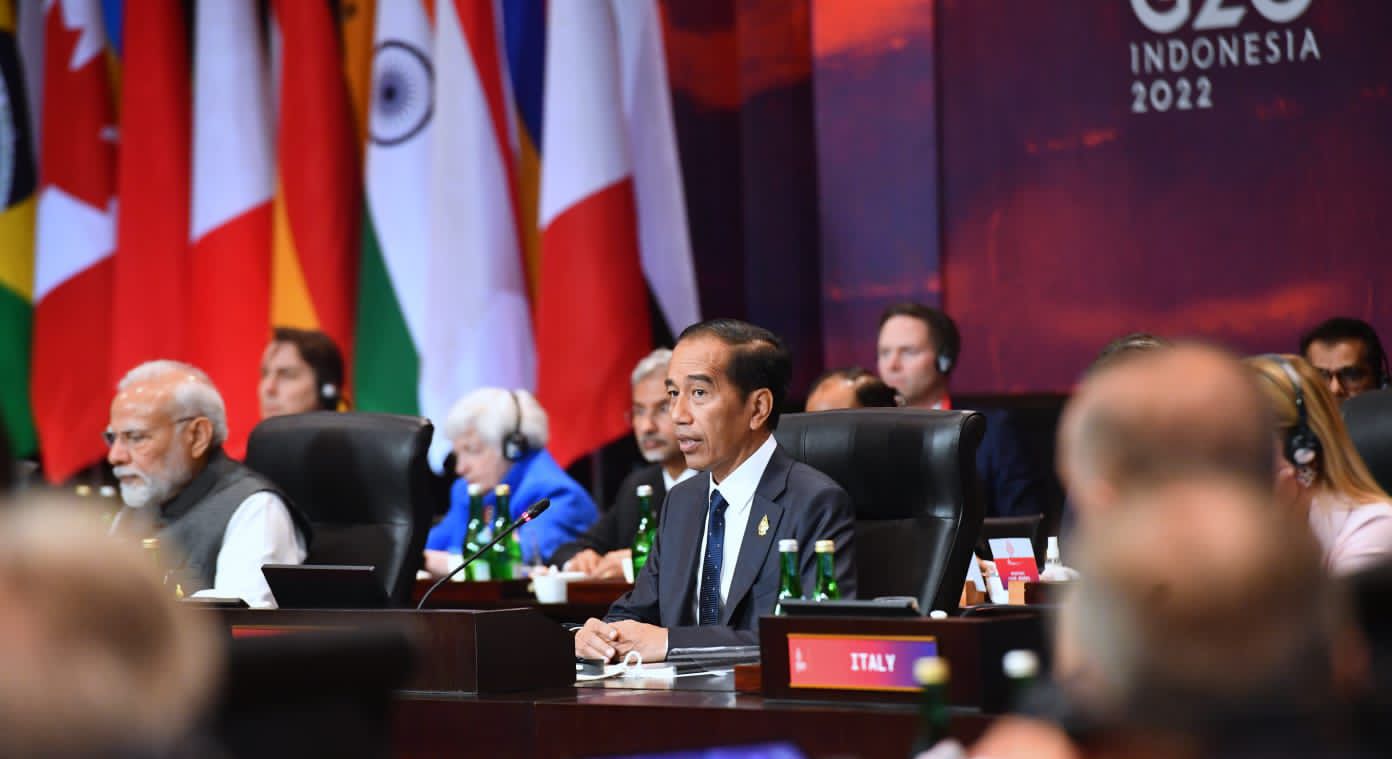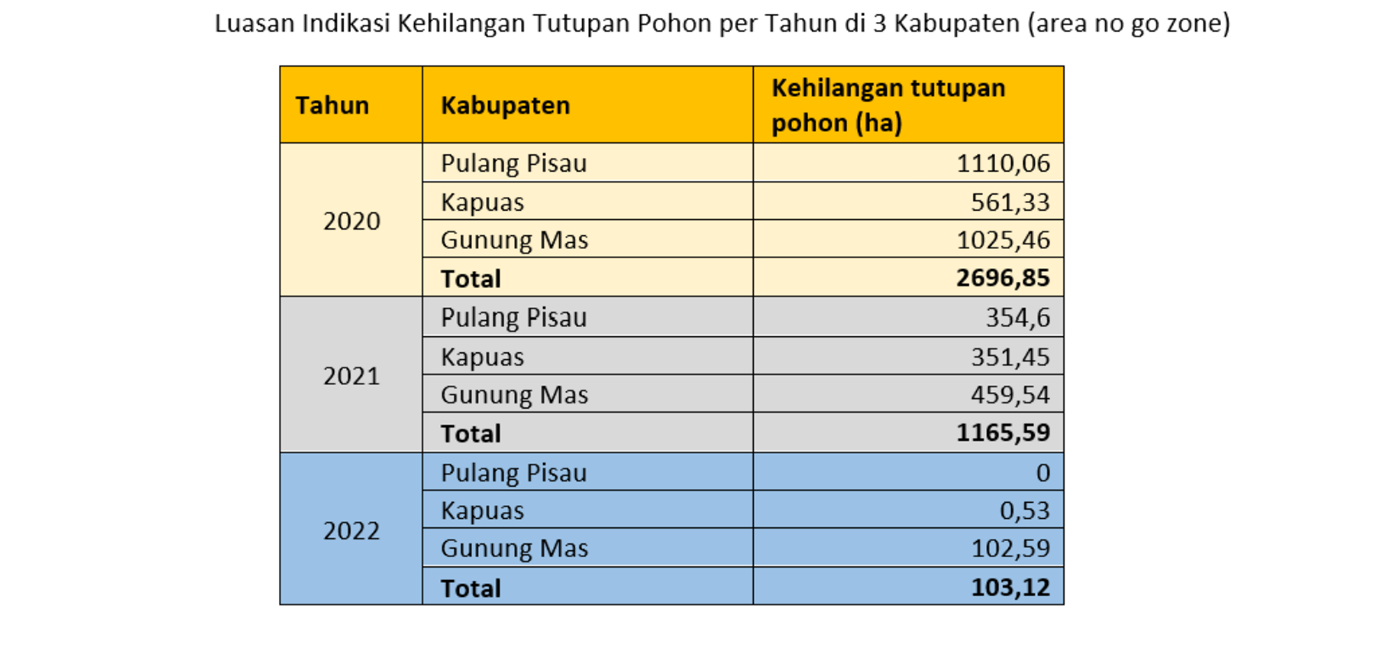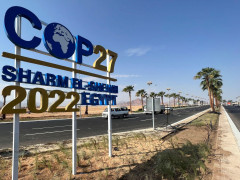Questioning Indonesia's Climate Commitments at COP 27
By AdminFood Security Programs at the Cost of the Environment and Farmers

In the same forum, the Minister of Defense, Prabowo Subianto, also reminded world leaders that the world's most critical goal today is the availability and affordability of food prices. Even so, Pantau Gambut assesses that these statements are only jargon conveyed by the government in international forums.
Food Estate is a manifested example of how the "welfare" definition is just jargon made by the government regardless of the conditions of reality. Reflecting on the program planned by the Indonesian government, Pantau Gambut sees that the community affected by the Food Estate program will only be limited to being the object of development, not the story's subject.
The food security approach often only considers price affordability and availability as the primary factors. Like what's happening in the Food Estate program, farmers are not the main subject.
The farmers' land access problem can be seen from the increase in smallholder farmer households in Central Kalimantan. In 2018, smallholder farmers increased 77.40% from 29,083 to 51,594 compared to 2013 (BPS 2018). The Food Estate program burdens this condition and lifts land inequality.
Law No. 41 of 2009 clearly states that there is protection for the ownership of agricultural food land owned by farmers. A study by Pantau Gambut found imbalances in land tenure that are still frequently found, especially among groups of farmers whose land was confiscated and converted into the Food Estate area. Pantau Gambut found that the government cultivated community lands in Central Kalimantan unilaterally without coordination with the owners. The Food Estate project does not place farmers as the main subject in the food fulfilment program, and it is common for farmers to lose access to their land to be used as a location for Food Estate usage.
Pantau Gambut's analysis shows a decline in forest cover figures at the Food Estate location. Three districts in Central Kalimantan Province (Pulang Pisau, Kapuas, and Gunung Mas) showed tree cover loss of more than 3,700 hectares in 26 months (January 2020-March 2022). Consequently, the forest cover lost is also quite significant for farmers. Plenty of people depend on the forest as a place of living.
The findings are inversely proportional to the "welfare" jargon carried by President Jokowi and his staff, whether "welfare" is only limited to an increase in GDP or the like. When it comes to food fulfilment, it should not sacrifice farmers and the environment.

Catatan
A more comprehensive data source above can be accessed in the Pantau Gambut's study
Sumber data di atas bisa diakses secara lebih komprehensif pada studi Pantau Gambut Jilid 1: Proyek Food Estate Kalimantan Tengah Setelah 2 Tahun Berlalu dan Food Estate Menakar Politik Pangan Indonesia.
If you require guidance or consultation regarding this publication, you may contact:
Wahyu A Perdana 082112395919 Pantau Gambut's Campaigner
Yoga Aprillianno 081390203344 Pantau Gambut's Media Campaigner



